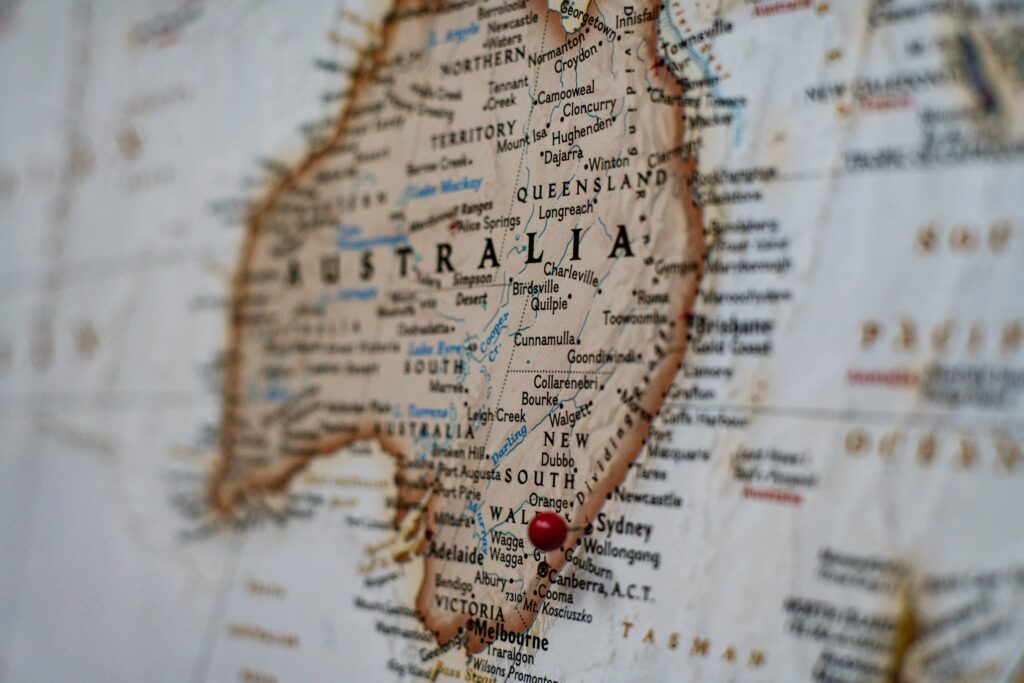In brief
- Te Whatu Ora-Health NZ nurses offered $1.5 billion dollars more in their “pay equity settlement”.
- Pay equity means arbitrarily deciding what work equivalent to nursing is done by mostly men. The pay for that determines the nurses’ pay.
- The pay is not set at the same amount as the comparator job, but at the “right” ratio to that job.
- Is Pay Equity comparing apples (nurses) to oranges (mechanical engineers)?
Te Whatau Ora nurses offered pay equity settlement
The Government has offered public health nurses who work for Te Whatu Ora – Health New Zealand a further $1.5 billion, as part of an ongoing “pay equity settlement”. Graduate nurses’ pay has increased more than 40%, while nurses at the top of their pay scale have seen nearly 50% increases since Labour took over in 2017.
If this offer is accepted, Te Whatu Ora nurses currently earning between $69,566 and $99,630 will get a 4.5 % pay rise, and senior nurses will get a 6.5% pay rise (capped at $153,060). There will be extra pay for working on particular shifts like weekends, nights and public holidays (known as penal rates). They’ll also get a $15,000 lump sum payment to address back pay issues.
These raises are on top of a 14% pay equity driven raise earlier this year.
It’s estimated over 30,000 nurses are registered with Te Whatu Ora. According to The Nursing Council Quarterly Data Report, as of March 31st, this year, there are approximately 69,592 nurses holding Annual Practising Certificates (APCs) in New Zealand.

What does “pay equity mean”?
The issue, in this settlement, is not that female nurses are being paid less than male nurses in New Zealand, as some might assume.
In this instance, it means paying our nurses salaries that match men’s salaries in New Zealand whose jobs look different to nursing jobs, but supposedly offer the same kind of value and “require the same or similar degrees of skills, responsibility, conditions, experience and effort”. (This from the Nursing Pay Equity Settlement FAQs [April, 2022] on the New Zealand Nurses Association website).
The argument is that nurses in New Zealand have been underpaid because most nurses are women. It’s a very “woke” notion because it is based on the unproven belief, which many disagree with, that the women have been perennially underpaid. There is no way, however, that people working independently trying to fix this perceived wrong, would ever come up with the same numbers. Of course, the nurses have been represented by unions all these years.
Pay equity is going to cost NZ billions, per year. Do the maths. Already, just in these two last raises, plus the lump sum, that is something around $40,000 per nurse, for over 30,000 nurses. That is already over $1.2 billion for less than half the nurses, just for this year. And the more one group is pushed up the more another group that has some sort of pay relationship with that group (say teachers) is going to demand. In any event, it may be that the market for nurses was also signalling a large raise was needed, given the shortage of nurses post covid and the overtures of Australia for NZ nurses, as noted below.
Read more about the rather theoretical and arbitrary concept of pay equity
How did they find these comparable salaries?
To figure out what these nurses should be paid, “comparators” were chosen from male-dominated professions in New Zealand, including: “Customs officers, mechanical engineers, fisheries officers, corrections officers, detectives, and detective senior sergeants.”
Interesting note: In the NZNO FAQs they mention wanting to have “multiple comparators”, including “male dominated occupations in the private sector”. But in all cases the private sector employers declined to participate.
The reason some of the nurses are being offered more of a pay raise than others is each role was assessed separately.
Australia has been greener pasture for NZ nurses
In April, this year, it was reported more than 5,000 Kiwi nurses have registered to work as nurses in Australia.
This is the first step if they’re wanting to work as nurses there. They’re said to be attracted by “better pay and conditions, amid staff shortages and industrial action.”
In 2022, NZNO estimated there were around 4,000 nursing vacancies across NZ. And a survey they conducted found that about 72 % of their members were feeling burnt out, exhausted, like they had nothing more to give and thinking of leaving nursing.
Added to this they felt “disillusioned with a Government that doesn’t seem to hear them or understand why they feel so devalued,” says Paul Goulter, chief executive of the New Zealand Nurses Organisation.





















